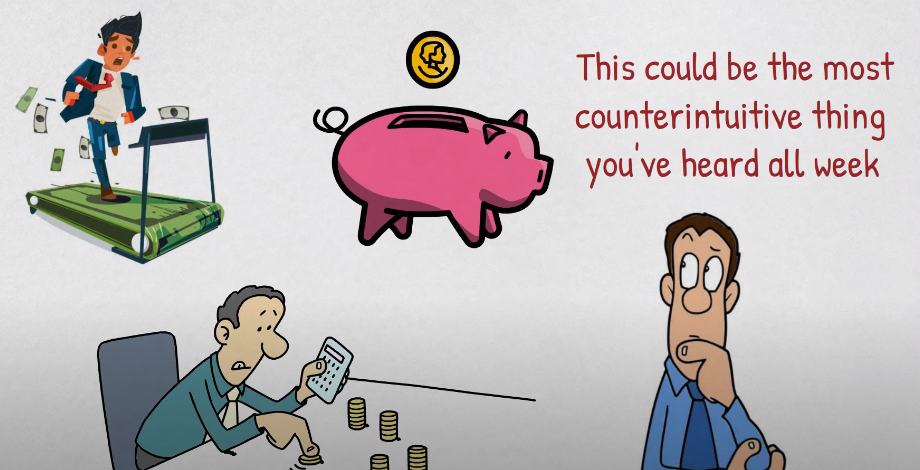Introduction
Well, a lot of people will disagree with this list because, honestly, they’re looking for excuses.
But the reality is that there are things you don’t really need in order to be successful, even though it might seem that way.
Money
Starting off this list with maybe the most controversial one: money. You can put your pitchforks down because, look, you don’t need money to start something that will eventually be successful.
What you need is growth. We started off this channel with the smallest budget you can imagine, which is zero. Everything was done in-house on our own time, but we found a way to keep it on a growing path, which eventually led us into a position to create cool things that do, in fact, need a lot of money.
Connections
If you need connections to start anything, well, you’re not really the one starting it; somebody else is doing it for you. Real success comes from authenticity and the grind, not borrowed influence.
You don’t need to know anyone besides yourself and what you are capable of. The truth is, if you can’t do it alone, others can’t really help you.
A fancy college degree
College degrees—the real world doesn’t bow down to fancy diplomas anymore. School’s cool and all, but it’s not the only ladder to the top. The internet’s bursting with tools and courses that are just as good, if not better.
So save the sob story if you didn’t get into some Elite College, roll up your sleeves, hit the online grind, and show the world what you’re really made of through relentless hustle and smarts. A degree is just an expensive piece of paper; it’s your grind and guts that’ll force the doors open and leave the world no choice but to take notice. Your roadmap to success is work, not just a degree.
To have a high IQ
Look, there are plenty of highly intelligent people who are anything but successful. Many of them seem to be kind of miserable because they think too much and do too little. In addition, there’s nothing inherently complicated about building something great.
Intelligence does play a part in figuring out where things fit and how to arrange them properly, but figuring out a business is a test of resilience, not IQ.
A real-life mentor
A real-life mentor can provide guidance and speed up your learning curve, especially when you can have coffee every morning and discuss daily planning. They can put you in the right mindset and keep you on the right path.
But not everyone has access to or even knows any mentors. Success is a gradual climb, not a ticking time bomb. It’s not the hours you pour into it; it’s what you pour into those hours.
Time
You don’t need a clear calendar or a sabbatical to start something that can eventually take over. People really underestimate how much they can do in a couple of focused hours every week.
Statistically speaking, on average, people spend 3 hours and 15 minutes on their phone every day. Imagine what you could do if you spent even half of that time doing something that could actually count.
A complete plan
You don’t need time to have everything figured out from the start. Having a complete and detailed plan is not essential. What you need is a clear vision, a starting point, and the next few steps lined up.
Some of the most successful people don’t know how massive their ideas would become; they just took the first step, learned, and adapted along the way. You never really know how things could evolve over time if enough care and attention are given to them.
All you need in place to start is a general direction to go in; you’ll figure the rest out along the way.
Supportive parents
Having a support system is beneficial, but the lack of one, including supportive parents, should not be a barrier to your success. Your drive, passion, and determination—those are your true allies. Countless success stories have emerged from adversity, where a lack of support served as a catalyst for individuals to prove themselves and create something significant and meaningful.
It’s not about the hands that held you; it’s about the wings that you built for yourself. A lack of support isn’t a stop sign. Maybe they don’t know any better; maybe they had something else planned for you, but at the end of the day, it is you who has to live your life.









